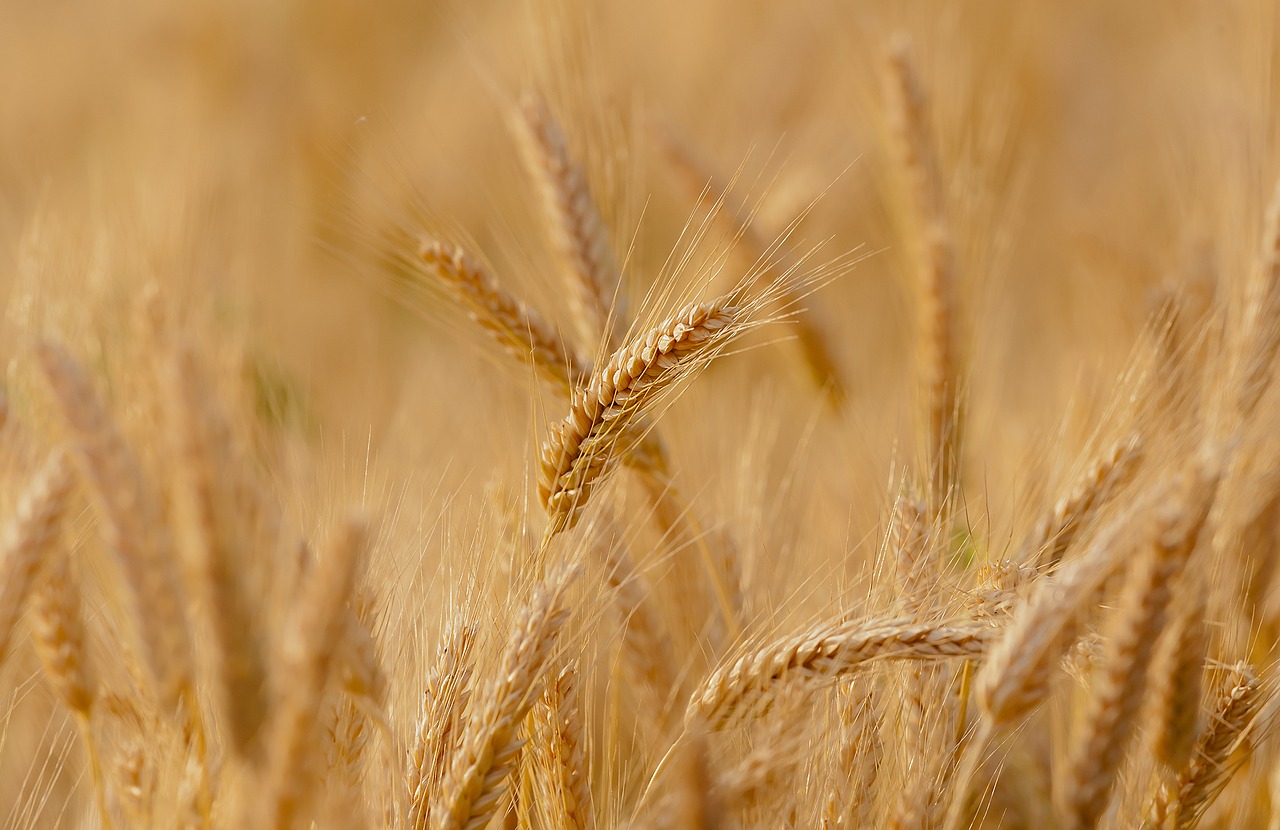B.Sc. Agriculture is a four-year undergraduate course focusing on research and practices in agriculture, farming, plant pathology, plant breeding, and genetics. People who are more interested in the agriculture sector should try their hand in agricultural courses. There are various courses available after completing B.Sc. Some of them are listed below.
1.Biochemistry
Biochemistry is a branch of science that talks about the chemical processes happening in living organisms’ bodies at a cellular and molecular level. In physiology, studying our bodily functions becomes a crucial point in learning, so a biochemical course expands our knowledge about the physiological alterations in our body. Agricultural biochemistry deals with the study of chemistry and agriculture combined to get a better understanding of the production of raw materials, foods, and beverages in properly mediated environmental conditions and monitoring. Agricultural biotechnology has now become one of the fastest expanding careers in the world. Candidates can opt for various works like chemists, supervisors, genetic engineers, healthcare scientists, food safety analysts, laboratory technicians, toxicologists, etc. Agricultural chemists usually work in labs or under mediated conditions, which allows them to work swiftly. They receive training in practical chemistry and agriculture. They analyze enzymes, DNA, and other molecules to research various food particles. They can be employed in industries as well as academia for teaching and working. The salary depends on the job one gets, but biochemists can earn around 390,000 INR.
2.Agricultural economist
Agricultural Economics is the field of applied science that brings in theories of economics in relation to the production and distribution of food and crops. Agricultural economists design and develop surveys, interprets data, identifies economic trends, develop marketing plans, etc. Agricultural economists work in academic institutions, breweries, distilleries, food processing companies, agricultural sectors, foreign affairs, labour, forestry trade, and industry. Agriculture is an essential part of the food system, so job opportunities are valuable. They have a say in the production economy, financial management, agricultural marketing, and research. Agricultural economists work indoors, labs as well as in offices. Problem-solving abilities, good communication skills, and research skills are required for this job. Factors like experience and skills play a massive role in the chosen sector, so a minimum of 1 to 8 lakh INR is the salary.
3.Animal Geneticist
Advances in the field of molecular genetics is bringing in many job opportunities in the field of agriculture. Animal geneticist deals with the study of animals’ genes to understand their genetic makeup. They also pay attention to animal health and the causes behind animals’ immunity to specific conditions or how they fail to thrive. They develop breeding programs, study and analyze pedigree charts, research to develop better strategies to improve desirable traits, and analyze various genetic trends. Animal Geneticists can work in pharmaceutical companies, private corporations, zoos, research labs, colleges, and universities. They are required to have good communication skills, data analysis skills, and technical skills.
4.Agricultural Lawyers
these are lawyers who specialize in the agricultural industry and help farmers against any legal battles regarding their farms. They also help farmers by obtaining licenses and permits to operate or set up corporations and partnerships. They aid farmers in planning in order to save farms for future generations. They educate farmers on laws about labor and employment. They gave legal counsel to individuals or organizations and helped build connecting farmers and scientists. To be an agricultural lawyer, the candidate has to have a bachelor’s degree, pass LSAT exam, and Bar exam.

